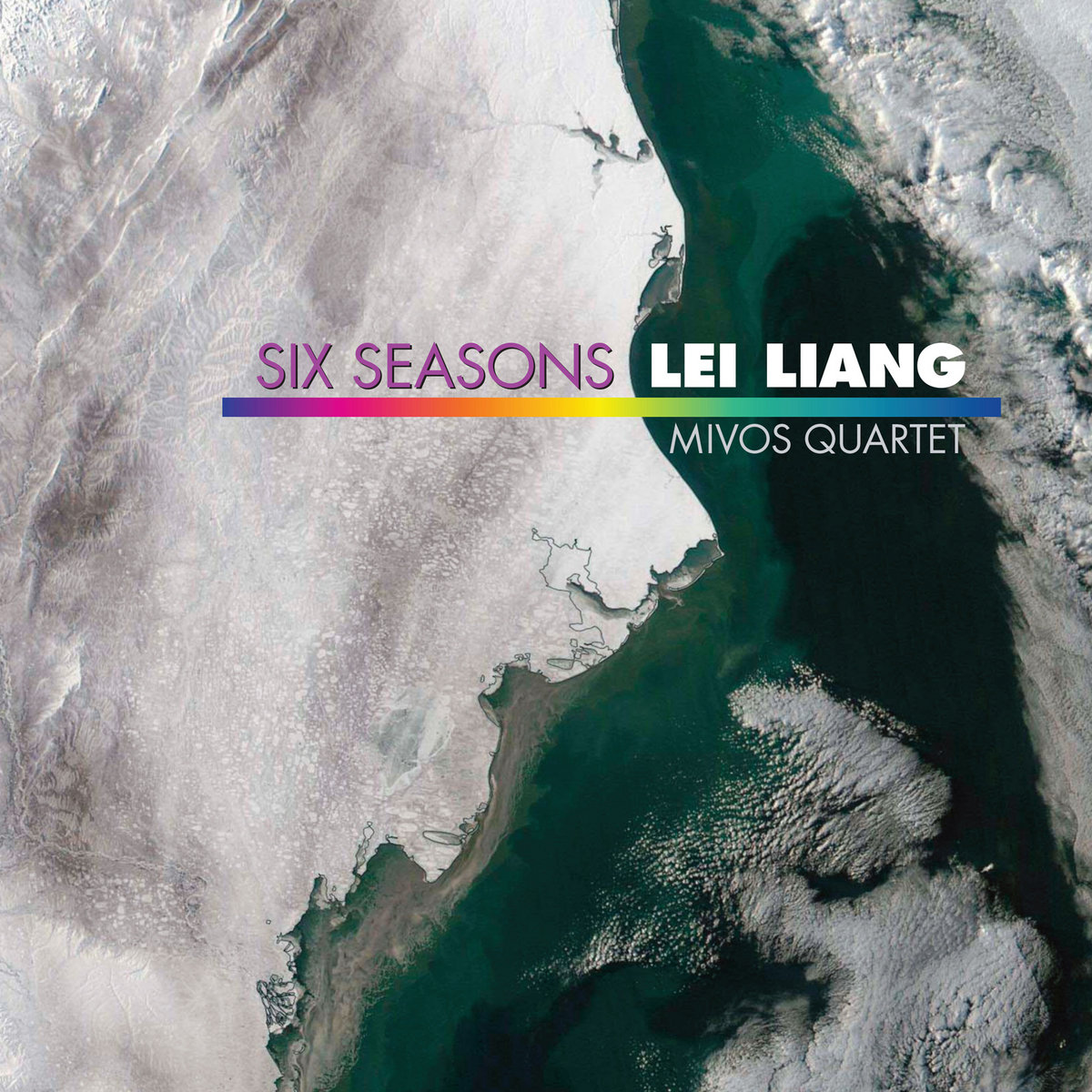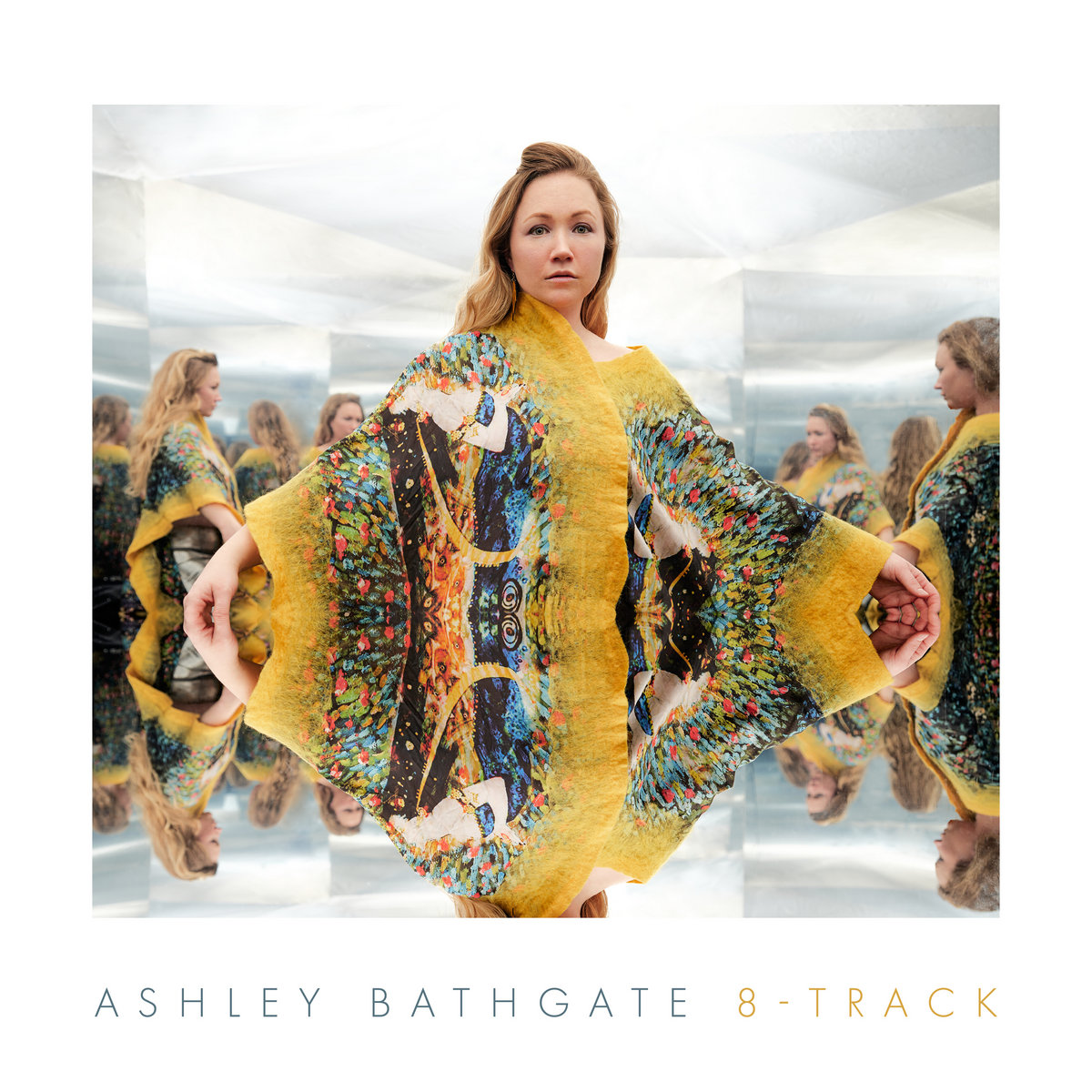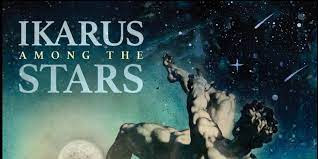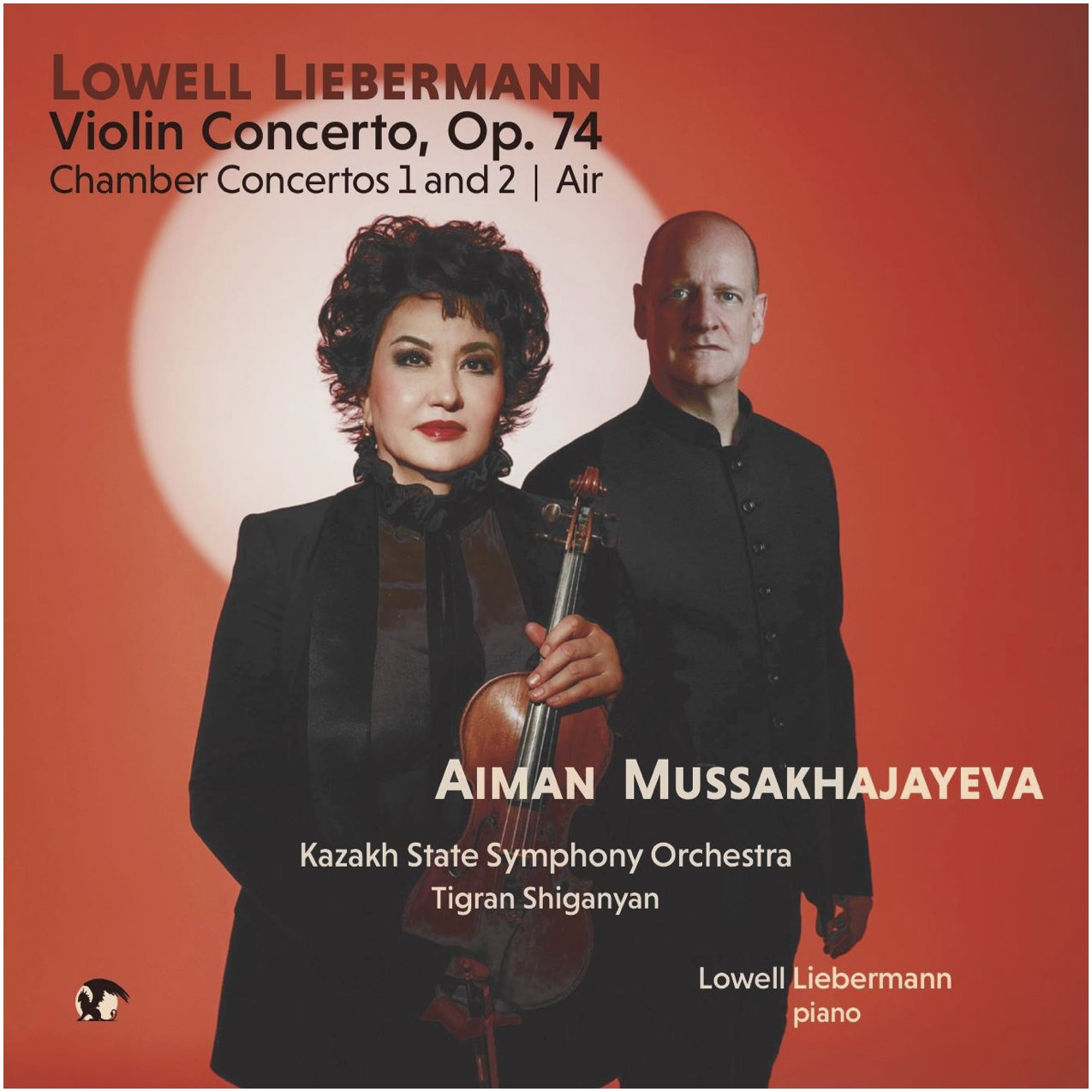Lei Liang gives us a most unusual work for a string quartet as a part of the source and inspiration for the boldly sprawling soundscape Six Seasons (New World 80849-2). It centers around the Inuit Eskimos of Canada and their ideas on the six seasons based on what they hear in their seascape habitat, the ever changing sounds they experience in daily life. These do nor follow strictly in some temporal order like do our winter-spring-summer-fall time blocks. Instead they are periodic but not so much continuous--each season gets its own separate movement, and then there is a final coda sequence.
The seasonal six movements are "New Ice," "Darkness," "Sunrise," "Migration," "Cacophony," and finally "Bloom." Laing placed underwater microphones in the ocean depths where Inuit live and then recorded water movement and freezing to ice, sea animals and fish, and the sound they might make in any given season, and then used those acquired sounds in tandem with scoring for extended sound production techniques for the members in the Mivos Quartet.
The results are sound-noise innovations and soundscapes of a breathtakingly unexpected nature. He cites as influences the compositional advances and classic Contemporary assumptions that went into works by Crumb, Cage and Oliveros, "especially for the way they enlarged an instrument's sonic palette in the service of extra-musical concerns."
This music stands out after a few listens as very different. There is lots of tumbling free time, an overarching energized Free Improv feel, and a whole lot of sound art going on. Bravo. This may well end up as a milestone in the repertoire going forward. Do not miss it. Go on over to BandCamp to hear it and, if inclined, to order too: https://newworldrecords.bandcamp.com/album/lei-liang-six-seasons







